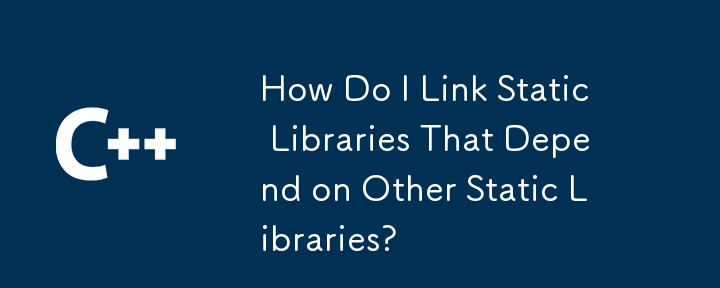 PHP Libraries
PHP Libraries
 Other libraries
Other libraries
 RandomLib-master PHP library for generating random numbers and random strings
RandomLib-master PHP library for generating random numbers and random strings
All resources on this site are contributed by netizens or reprinted by major download sites. Please check the integrity of the software yourself! All resources on this site are for learning reference only. Please do not use them for commercial purposes. Otherwise, you will be responsible for all consequences! If there is any infringement, please contact us to delete it. Contact information: admin@php.cn
Related Article
25 Jul 2016
PHP random number code: Examples of PHP generating random numbers and random strings
 Detailed explanation of the method and math function for generating random numbers in PHP template engine smarty
Detailed explanation of the method and math function for generating random numbers in PHP template engine smarty
24 Jul 2020
If you want to generate random numbers in a smarty template, what should you do? Generate them in a php file and assign them to the template.
13 Jul 2016
Detailed explanation of the method and math function for generating random numbers in PHP template engine smarty. Of course, this is definitely feasible, but it is too complicated. The author below will share with you a little trick on how to generate random numbers directly in smarty templates. Now suppose that in the smarty template we need
 How Do I Link Static Libraries That Depend on Other Static Libraries?
How Do I Link Static Libraries That Depend on Other Static Libraries?
13 Dec 2024
Linking Static Libraries to Other Static Libraries: A Comprehensive ApproachStatic libraries provide a convenient mechanism to package reusable...
 How to import third-party libraries in ThinkPHP
How to import third-party libraries in ThinkPHP
03 Jun 2023
Third-party class libraries Third-party class libraries refer to other class libraries besides the ThinkPHP framework and application project class libraries. They are generally provided by third-party systems or products, such as class libraries of Smarty, Zend and other systems. For the class libraries imported earlier using automatic loading or the import method, the ThinkPHP convention is to use .class.php as the suffix. Non-such suffixes need to be controlled through the import parameters. But for the third type of library, since there is no such agreement, its suffix can only be considered to be php. In order to easily introduce class libraries from other frameworks and systems, ThinkPHP specifically provides the function of importing third-party class libraries. Third-party class libraries are uniformly placed in the ThinkPHP system directory/
 Use jquery.noConflict() to solve the problem of conflicts between jquery library and other libraries
Use jquery.noConflict() to solve the problem of conflicts between jquery library and other libraries
20 Jun 2017
When developing with jQuery, you may also use other JS libraries, such as Prototype, but conflicts may occur when multiple libraries coexist; if conflicts occur, you can solve them through the following solutions: 1. jQuery libraries in other Import the library before and use the jQuery (callback) method directly such as:


Hot Tools

PHP library for dependency injection containers
PHP library for dependency injection containers
A collection of 50 excellent classic PHP algorithms
Classic PHP algorithm, learn excellent ideas and expand your thinking
Small PHP library for optimizing images
Small PHP library for optimizing images




